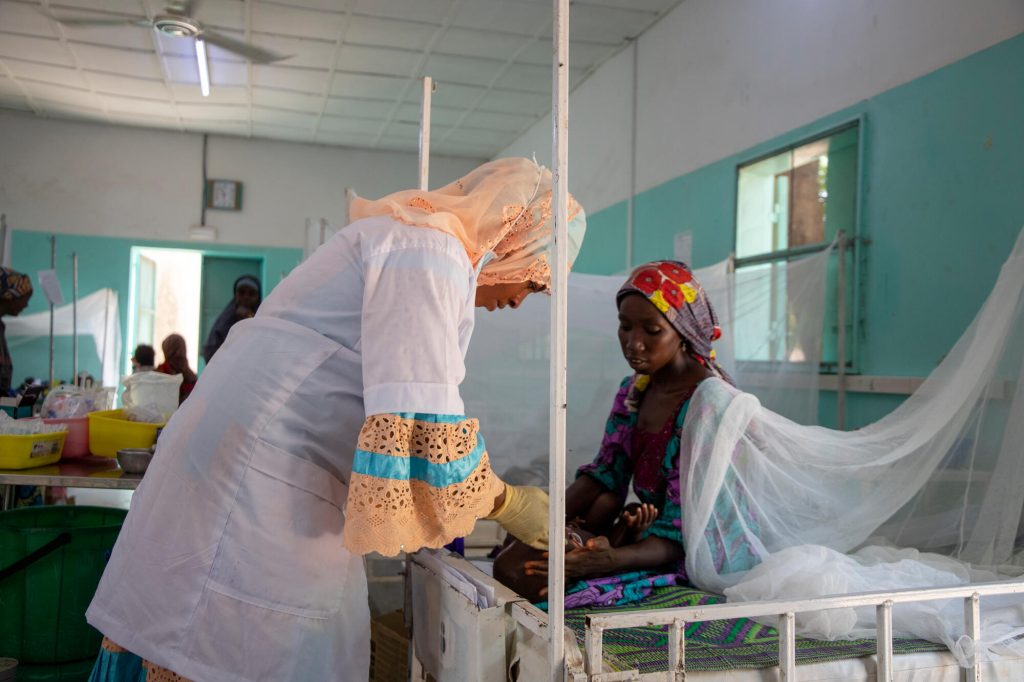In alignment with President Bola Ahmed Tinubu’s Health Sector Renewal Investment Initiative, the Coordinating Minister of Nigeria’s Federal Ministry of Health and Social Welfare, Dr. Ali Pate, has officially launched Grant Cycle 7 (GC7) for the period 2024–2026. The allocated resources of USD 933 million aim to mitigate the impact of HIV/AIDS, tuberculosis, and malaria in Nigeria.
Dr. Pate emphasised President Tinubu’s directive for collaborative efforts between the Federal Government, state governments, and development partners to enhance health outcomes for Nigerians. He handed over the Global Fund grant to recipients, including the National Agency for the Control of AIDS, the National AIDS and STDs Control Programme, the National Tuberculosis, Leprosy & Buruli Ulcer Control Programme, the Institute for Human Virology Nigeria, the National Malaria Elimination Programme, Catholic Relief Services, and others, totaling USD 933 million.

To achieve the 95-95-95 targets by 2025 for HIV/AIDS, Tuberculosis, and Malaria, the Federal Government is dedicated to improving health through governance, transparency, primary healthcare, maternal and child health, infrastructure, and health security.
Dr. Pate urged the Global Fund and principal recipients to support local manufacturers and build trust among key players. He also called for diligence in fund utilisation by states to aid the most vulnerable populations, with strategies in place to ensure transparency and citizen involvement in monitoring.
The Minister of State for Health and Social Welfare, Dr. Tunji Alausa, expressed how the funds would strengthen the health system for pandemic preparedness, aligning with President Tinubu’s agenda to provide quality health services without financial hardship. He highlighted an unprecedented increase in the allocation to the health and social sectors in the proposed 2024 budget, demonstrating political will.
Hon. Amobi Ogah, Chairman of the House Committee on HIV/AIDS, Tuberculosis, and Malaria, assured rigorous oversight to ensure accountability for every allocated fund. Permanent Secretary Daju Kachollom highlighted the increased grants in Cycle 7 to address critical service coverage gaps among pregnant women, children, key populations, and adolescents, aiming to harness Nigeria’s human capital by ensuring improved access to quality health services.


